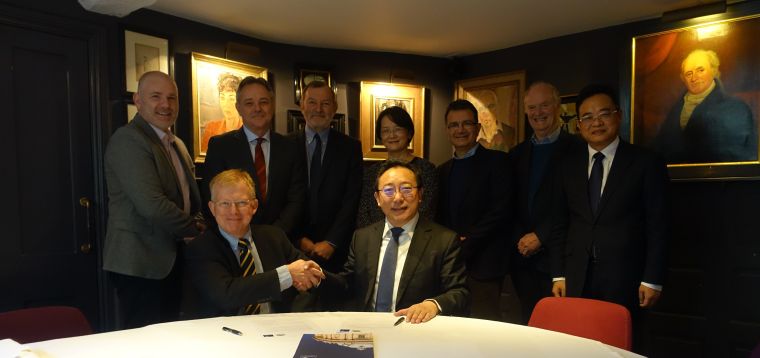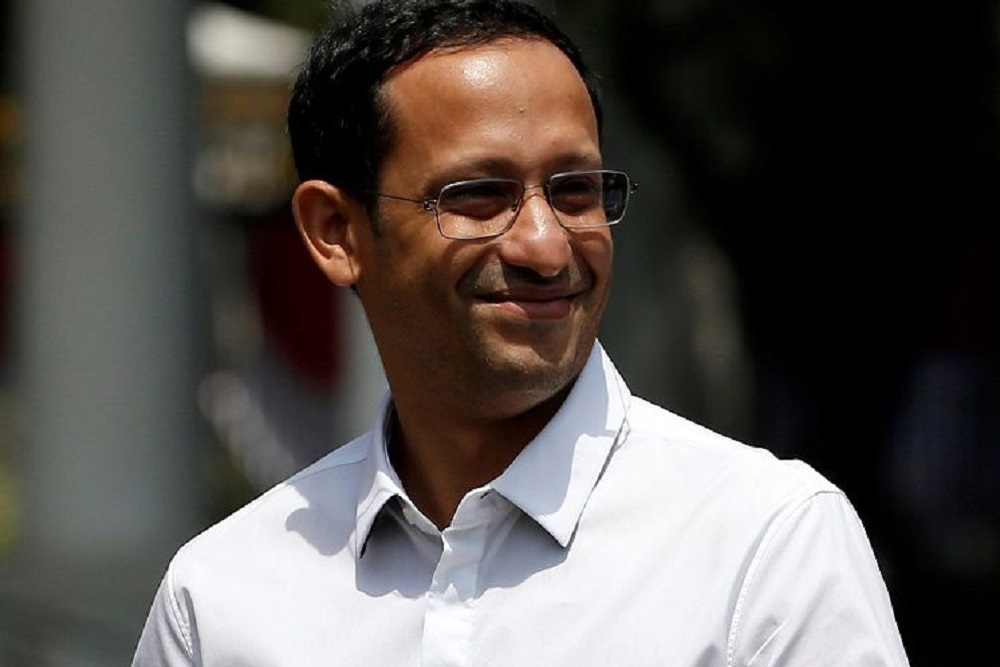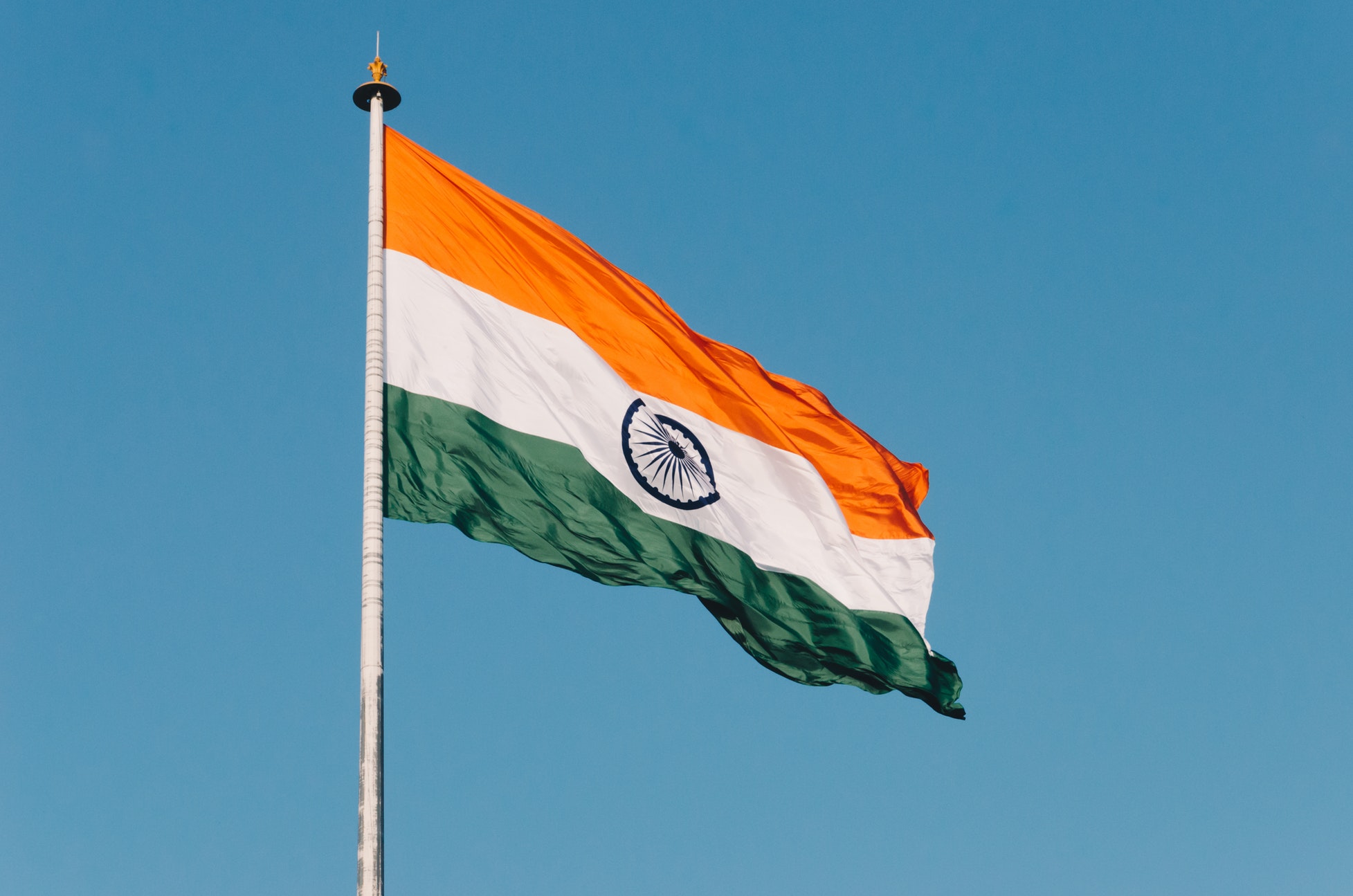A well-known Chinese Immunologist is now facing scrutiny for allegedly manipulating research data.
A decorated Immunologist
A prominent celebrity in China’s academic field is now facing severe allegations of image tampering in some of his published research papers.
Xuetao Cao, a decorated Chinese immunologist, the current president of Nankai University, gains public attention about the issues of academic fraud on a few of his published research.
With the growing interest from international academic bodies, the Chinese Academy of Engineering, where Cao is also a member, decides to conduct its investigation on the publications owned by the immunologist.
Cao’s work went under scrutiny when Elisabeth Bik, a microbiologist turned science integrity expert, noticed suspiciously related image patterns in a 2009 publication titled “The Journal of Immunology on the suppression of T cell proliferation.“
Parts of several images of flow cytometry events appears to have been swapped and manipulated between panels.
Scrutiny from science integrity experts
After the discovery of Bik in the Chinese immunologist’s paper, many other contributors for PubPeer (a website that allows users to discuss and review published scientific works), started to voice out their reviews on the research paper and as well as more than 300 more of Cao’s work.
As of current count, 60 works were already in contention for alleged data irregularities.
Just for clarification, I am not accusing anyone of anything, and there is a possibility that these duplications are honest human errors.
China’s Academy of Engineering announced their participation in the ongoing investigation but still no details and comment on their side is to be heard.
Elite Scientists are a popular choice as education leaders
The Cao case is also stirring up controversy about the influence known dedicated scientists get, which allows them to fill in valuable high positions in China’s top education institutions.
Xuetao Cao holds the position of president at Nankai University in Tianjin, one of the nation’s top universities and ranked 12th in the recent Times Higher Education list. Aside from his role as president, Cao also oversees three laboratories and medical institutes namely – National Key Laboratory of Medical Immunology in Shanghai, Peking Union Medical College in Beijing, and the Center for Immunotherapy at the Chinese Academy of Medical Sciences.
Ironically, Xuetao Cao is one of the advocates of improving research integrity in China and even spoke to some 6000 participants in a talk about “research integrity, ethics, and morality,” and was aired to universities reaching around 800,000 students.
According to Xiaotian Chen, a library and information scientist at Bradley University in Illinois:
It is the culture. The cost of research misconduct in China is either very low or doesn’t exist at all. Resignation and dismissal for academic misconduct are not very common in China.
Featured image by CAMS Oxford Institute







